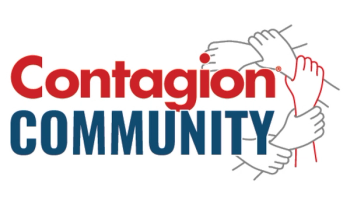
In this latest episode of Contagion Community, we interview Dr. Jacinda Abdul-Mutakabbir about vaccine equality vs vaccine equity as well as her experience on a COVID-19 vaccine drive to increase vaccinations in communities of color.

In this latest episode of Contagion Community, we interview Dr. Jacinda Abdul-Mutakabbir about vaccine equality vs vaccine equity as well as her experience on a COVID-19 vaccine drive to increase vaccinations in communities of color.

To reduce antimicrobial resistant pathogens, nursing homes should carefully monitor their use of hospital-grade antibiotics.

Urgent efforts are needed to speed the process for HIV testing among children living with HIV in sub-Saharan Africa and countries with a high HIV burden, the study authors said.
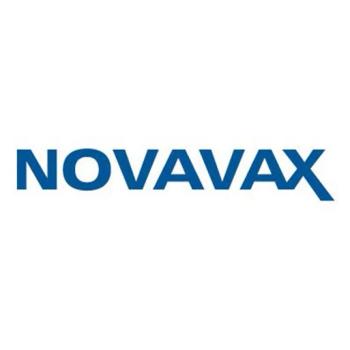
Their investigational vaccine, NVX-CoV2373, demonstrated 82% efficacy against the Delta variant in participants 12-17 years old.

A study looked at COVID-19 vaccination rates and new COVID-19 infections across US counties during the Delta surge last summer. Many of the highly infected counties were considered rural, highlighting some of the vaccination challenges surrounding these areas.

COVID-19 vaccination rates were higher in counties with more primary care physicians, suggesting doctors are in unique positions of trust with their patients and can encourage vaccination.
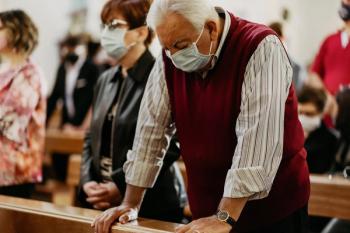
32% of older adults had 1 or more new, persistent clinical conditions after COVID-19 infection.
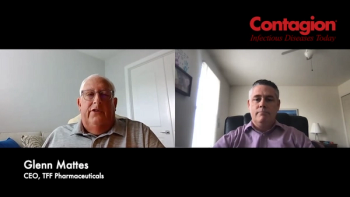
A process known as thin film freezing can convert existing therapies into powder that offers another delivery solution and may help alleviate storage challenges in developing countries.
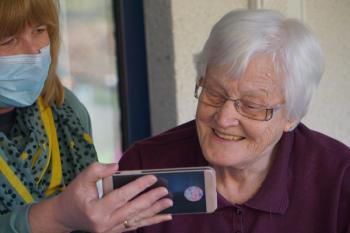
Trying to increase COVID-19 vaccination rates in these populations has been challenging. In an attempt to do so, a randomized clinical trial across 133 skilled nursing facilities (SNFs) was performed.
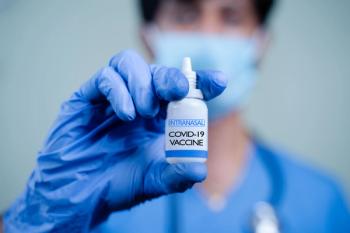
Intranasal COVID-19 vaccines aren’t just needle and pain-free—they may also be more effective at protecting against current and future variants.
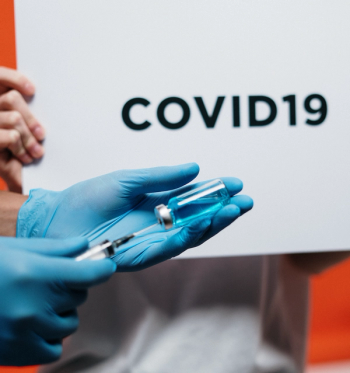
A recent study in Guangdong, China, confirmed vaccine effectiveness of inactivated COVID-19 vaccines against the Delta variant of COVID-19.
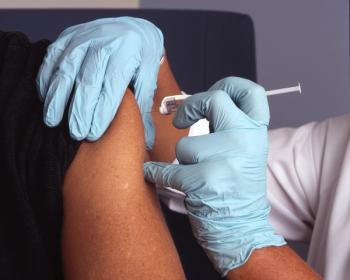
Not all people unvaccinated against COVID-19 people are actively avoiding the vaccine. A new study shows that Black people were vaccinated at lower rates than White people in the US early on, even after they indicated they were willing to get the shot. The study’s authors explain the reasons behind this.
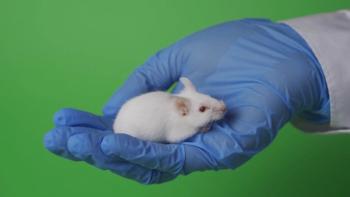
For the first time, investigators from the Wistar Institute created a DNA-based vaccine that successfully produced tier-2 antibodies capable of neutralizing HIV in mice.

Social media involves information and content sharing and pharmacists can utilize the various platforms to enhance their professional needs and resources for their careers.
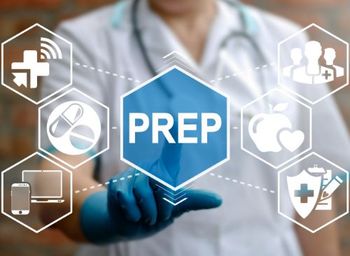
Investigators modeled what a long-acting injectable HIV prevention medication would have to cost in order for it to be justified when compared to generic, oral PrEP for HIV patients and transmission prevention.

During spring 2021, when Alpha was the dominant COVID-19 variant, a midsized Midwestern university’s vaccination initiative was associated with a significant decrease in COVID-19 infections.
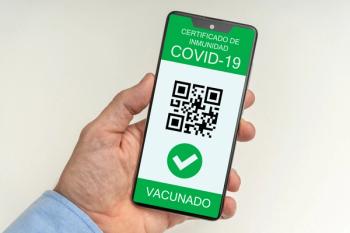
Low COVID-19 vaccination rates among Hispanic populations may be due to limited vaccine information available in Spanish.
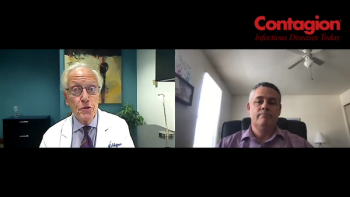
The company recently submitted its data to the federal regulatory authorities for an Emergency Use Authorization of its COVID-19 vaccine, NVX-CoV2373. As it's time to think about this potential vaccine being available in the US, clinicians offer some insights and perspective on it.
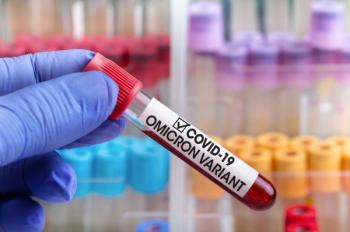
Triple COVID-19 vaccination or infection-plus-vaccination hybrid immunity induces high-quality antibodies, capable of neutralizing even the Omicron variant.

Economists from Johns Hopkins argue against government-mandated lockdowns and that they did not have the intended health care policy of protecting people during the pandemic.

The Centers for Disease Control and Prevention’s (CDC) Advisory Committee on Immunization Practices (ACIP) voted 13-0 in favor of the vaccine for adults.
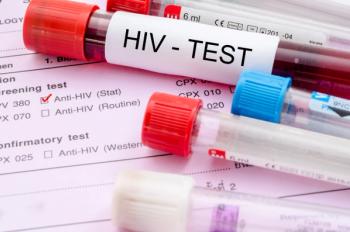
The VB variant likely originated in the late 1990s, and if left untreated, is more transmissible and deadly than prior HIV strains.
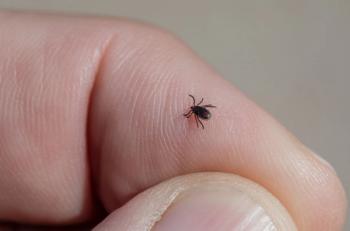
A sub-analysis of phase 2 data compared the immunogenicity of their VLA15 vaccine in adults after administration of 2 or 3 primary series doses with the latter demonstrating a stronger response.

COVID-19 patients who were vitamin D deficient before infection were 14 times more likely to have severe or fatal COVID-19 disease.

Findings could help in the development of “screening biomarkers and/or therapeutics,” authors say.
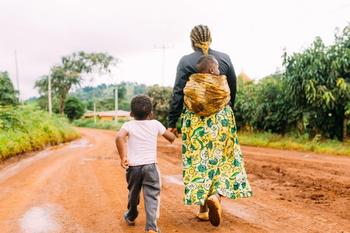
The first study to estimate rates of undiagnosed HIV in children across sub-Saharan Africa found significant gaps in HIV testing.

While Clostridioides difficile infection (CDI) risk appeared to drop, investigators said the overall risk of infection among patients was not changed in a statistically significant way.

Hospitals with lower c difficile antibiotic usage averaged shorter length-of-stay than hospitals that prescribed more antibiotics.
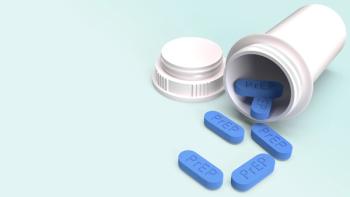
States that required ongoing medical doctor supervision of nurse practitioners and physician assistants had fewer HIV PrEP prescriptions.

Researchers could be one step closer to an HIV vaccine. This one uses mRNA technology.